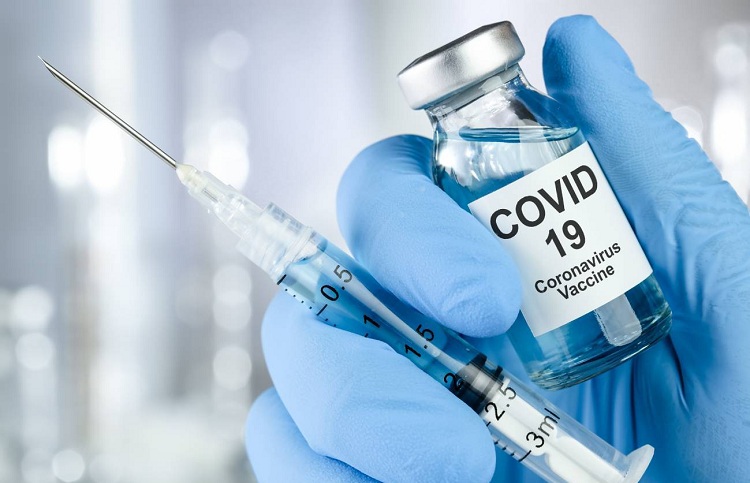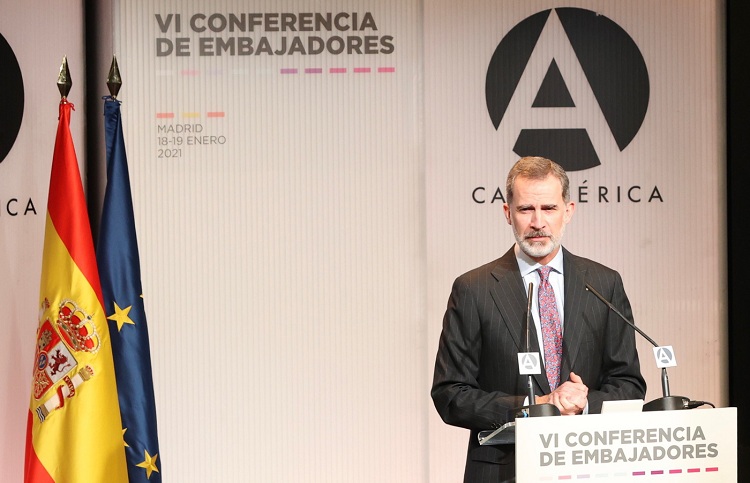The Diplomat
Yesterday the Council of Ministers took the first step towards developing what is known as “vaccine diplomacy” with the approval of the universal “solidarity vaccination” plan, the aim of which is to send millions of COVID-19 immunisation units to the least developed countries from the surplus quantities acquired by Spain through the EU.
According to the Government, the aim of this plan, drawn up jointly by the Ministries of Foreign Affairs and Health, is to “contribute to vaccinating a significant percentage of the world’s population by supporting rapid access to the vaccine for the countries and people who have the greatest difficulty in doing so”, for which “doses from the supply of vaccines acquired by Spain will be used, without prejudice to the process of vaccinating the entire Spanish population”.
The EU has structured a common programme for the distribution among the Member States of the vaccines from European advance purchases, which are distributed according to the population of each country. On this basis, Spain is responsible for 10% of the total estimated 800 million immunisation units, equivalent to 140 million doses to vaccinate 80 million people. The quantities allocated to Spain far exceed the needs of the total Spanish population (47 million inhabitants as opposed to 80 million immunisation units), and it is within this margin of surplus that the Spanish government has decided to develop its strategy of “health or vaccine diplomacy” to distribute doses in third countries, according to diplomatic sources.
Through the plan approved yesterday, a number of priority groups are established for vaccination, including the refugee and displaced population and asylum seekers, especially in humanitarian contexts in developing countries. Priority will also be given to the least developed countries in the development of vaccination and to the partner countries of Spanish Cooperation where access to the priority 20% of the population is not guaranteed.
In order to channel Spain’s contribution, a number of channels have been established. The main vaccine delivery mechanism will be COVAX, an initiative jointly led by GAVI (the Vaccine Alliance) and CEPI (Coalition for Epidemic Preparedness Innovations) to accelerate the development and manufacture of COVID-19 vaccines and ensure their access to all vaccine countries in a fair and equitable manner. Within COVAX-Facility, Spain has approved the donation of 50 million euros to the Advanced Market Commitment (AMC), through GAVI. In addition, Spain has approved a financial contribution of 75 million euros to CEPI and participates in the contributions of the European Union to COVAX-Facility in its capacity as a member state of the EU and the so-called Team Europe.
The other channels will be the European Union Donor Mechanism, the United Nations agencies (OCHA and ECHO) for humanitarian contexts (including those of special interest to Spain), multilateral and regional organisations and direct bilateral allocation. In addition, a strategic reserve for unforeseen needs is established. In addition, the Spanish Agency for International Development Cooperation (AECID) will provide support to countries in the preparation of national vaccination strategies and in the distribution of doses.
The initial objective of the World Health Organisation (WHO) is to achieve priority vaccination of all health workers and vulnerable populations in all countries of the world, which corresponds to around 20% of the world’s population and more than 1.5 billion people. Of this number, more than 260 million people are in Africa and 130 million in Latin America and the Caribbean. The European Union’s initial target is to ensure that 5% of the vaccines purchased in the first instance are dedicated to humanitarian settings.
According to foreign sources, the Spanish government’s policy is not only aligned with the idea of “health as a global public good”, but goes “beyond the moral and ethical component” and even affects the national interest, since “as long as there are outbreaks in third places, Spain will continue to be exposed to the risk of imports or possible mutations of the virus in third countries”.






